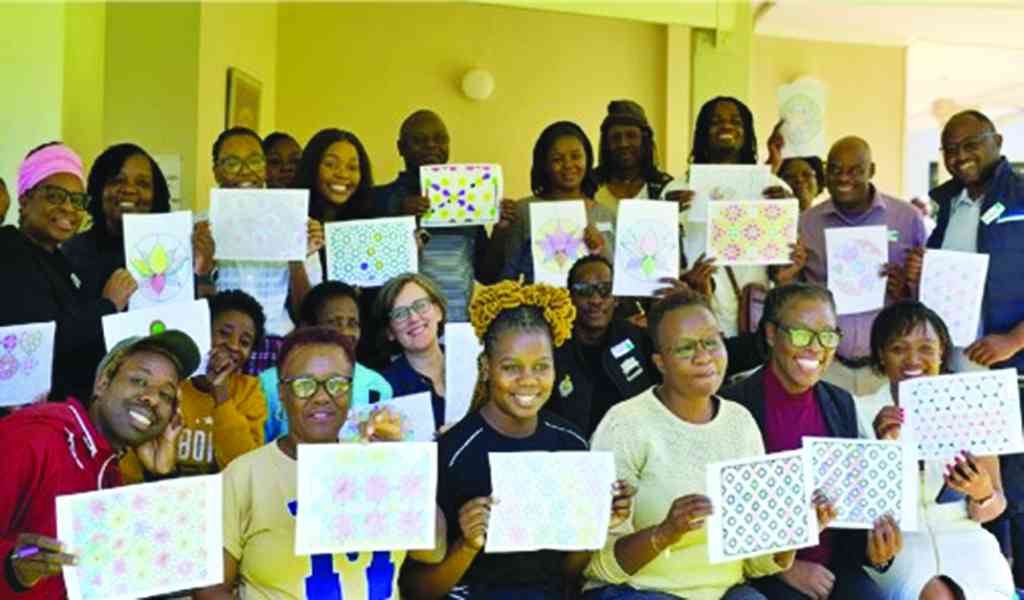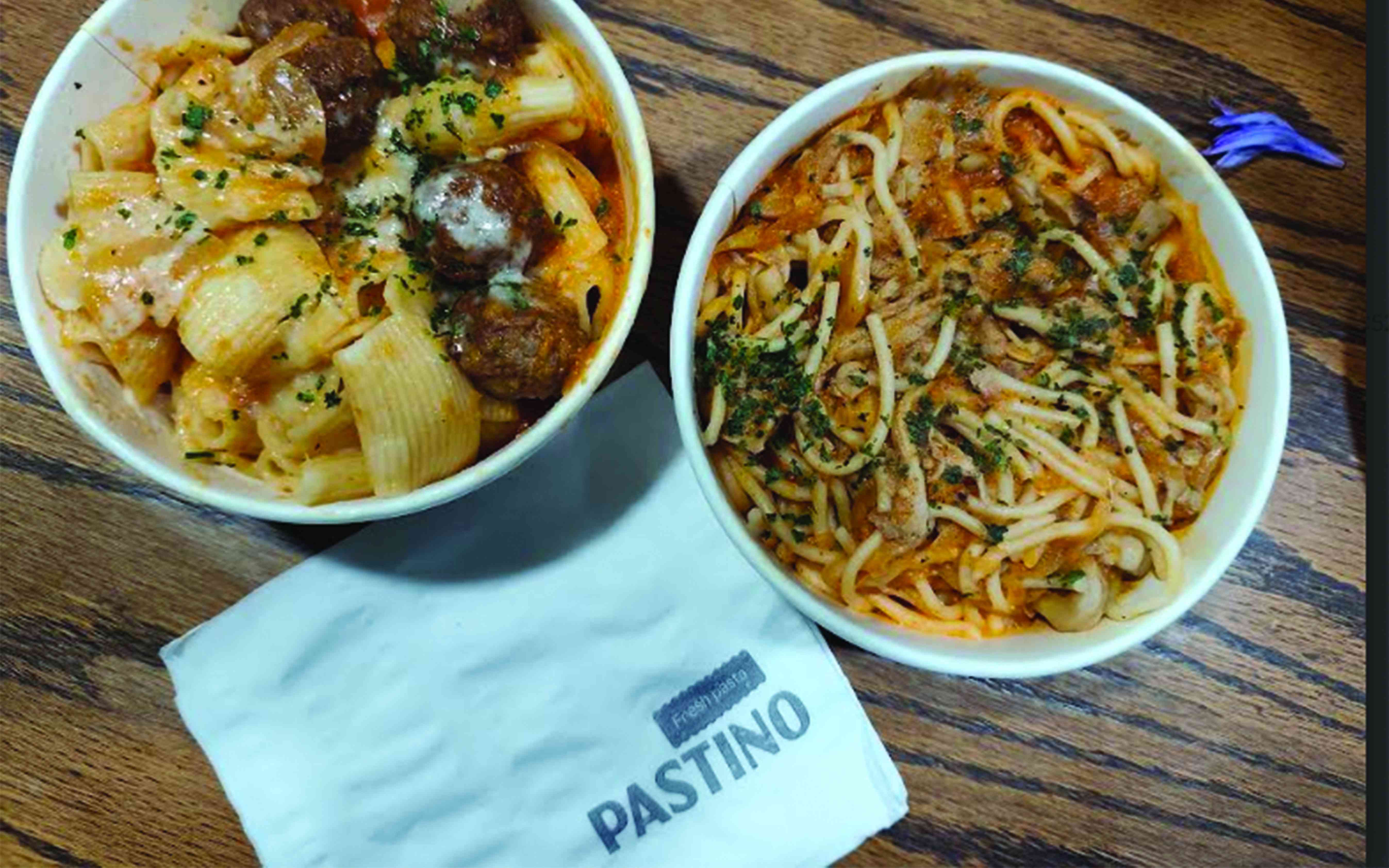
In a bid to bridge the mental health treatment gap, Friendship Bench Zimbabwe (FB), a local community-based mental health intervention hosted its first stakeholders meeting at its Mount Pleasant premises in Harare on May 9.
The gathering brought together mental health experts, artists, clinicians, ministry of health officials, and individuals with lived experiences of depression to discuss ongoing and upcoming initiatives aimed at improving mental health care.
A key highlight of the meeting was the unveiling of the Brushstrokes of Wellbeing initiative, a community engagement project that uses art to facilitate dialogue around depression. It will culminate in a public art exhibition in October, coinciding with World Mental Health Day commemorations.
The meeting also provided updates on the Friendship Bench Plus Trial study, a research programme in collaboration with the UK’s National Institute for Health and Care Excellence (NICE). The trial seeks to improve depression outcomes in Harare’s suburbs by combining psychological therapy with nurse-led antidepressant prescriptions.
Friendship Bench founder Dixon Chibanda, a psychiatrist with public health training, was joined by Monika Muller from University Psychiatric Services at the University of Bern in Switzerland. Rukudzo Mwamuka, project coordinator of the Friendship Bench Plus Trial and project lead of Brushstrokes of Wellbeing, and Laura Ganda also participated in the discussions. Attendees also contributed in a practical art therapy session led by Tanyse Van Vuuren and a silent disco facilitated by Peta Searle who is the overseer of the Friendship Bench Hub.
Mwamuka, explained that professional artists will facilitate art sessions that will involve people with lived experiences.
“Laura Ganda will develop a theme for the exhibition, which we hope will spark meaningful conversations about mental health,” she said.
The participating visual artists include Kimberley Tatenda Gakanje, Paula Mutamba, Kenmore Maruta, Kuda Chakwanda, and O’Neal Tanaka Maisiri.
- Zimbabwe exports ‘mental health benches’ to Fifa World Cup
- Art initiative to tackle depression
Keep Reading
“I was surprised to hear about such an initiative within our borders specifically within the community of art here in Harare. I am grateful for such an opportunity and I felt so delighted to be considered a befitting artist,” Maisiri told IndependentXtra.
“Artists drive what society cares for and my role as an artist is to create interest and fulfil a righteous cause.”
Ganda, who is the exhibition curator, is an arts manager and researcher working with visual artists in the community.
While presenting her curatorial reflections she emphasised the role of art in mental health recovery.
“Contemporary art practice is a form of recovery, and gaining one’s identity,” she said.
“Artists are a big part of this project — they are no longer just creators of artworks, but are now conduits of emotional exploration and dialogue, their presence in the process is really an in-depth conversation that they should have.”
She also noted that mental health has long influenced the art world, shaping both societies and artists themselves.
“We hope that at the end of the exhibition we will bring out something that reflects on what this project is and what it means.”
Activities related to the project have already taken off with an advisory group chaired by musician Cloudius Mukoki having been set up. It comprises stakeholders within the mental health fraternity.
Professor Muller, presented findings collected from different trials managed in five other countries who have investigated very similar psychological interventions like FB. She noted that the Friendship Bench has one of the lowest non-response rates (12%) compared to similar interventions outside Zimbabwe.
A qualitative study involving 19 nurses from six primary health centres found high acceptability for nurse-led antidepressant prescriptions alongside Friendship Bench therapy. However, nurses emphasised the need for better training and medication availability.
A pilot study carrying the research question: “Is nurse-led prescription of antidepressants alongside the Friendship Bench feasible and is it acceptable to the patients?” will be launched in June. It will further assess feasibility and patient acceptance in Hopley and Hatcliffe, involving 25 patients with moderate to severe depression.











